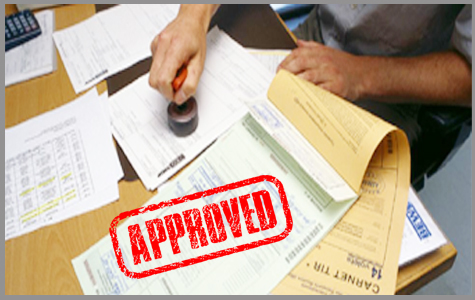Leaf to Cup: Exploring the Art of Importing Tea to the UK
Tea has been a beloved beverage in the United Kingdom for centuries, and the British have cultivated a deep appreciation for its rich flavors and diverse varieties. While the country boasts a thriving tea industry, importing tea from around the world continues to play a significant role in satisfying the UK's love for this ancient brew. In this article, we will delve into the fascinating process of importing tea to the UK, from sourcing and selection to the customs regulations and the cultural significance of this beloved beverage.
Importing tea to the UK begins with sourcing and selecting the finest leaves from tea-producing regions worldwide. These regions include India, China, Sri Lanka, Kenya, and many others. Importers often establish relationships with tea estates and growers, ensuring a consistent supply of high-quality tea.
Why import tea to the UK
The selection process involves evaluating various factors, such as the tea's flavor profile, aroma, appearance, and overall quality. Importers may engage in tea tastings and expert assessments to identify teas that meet the UK market's preferences and demands. The selection criteria vary depending on the type of tea, whether it's black, green, oolong, white, or herbal infusions.
Customs and Regulations Importing tea to the UK requires compliance with customs regulations and certifications to ensure the safety and quality of the product. Importers must be aware of the specific requirements outlined by the UK Food Standards Agency (FSA) and the European Union (EU) regarding hygiene, pesticide residues, and packaging standards.
Tea importers must complete necessary paperwork, including customs declarations, invoices, and import licenses. These documents provide essential information about the origin, quantity, and value of the tea being imported. Compliance with labeling requirements is crucial, ensuring accurate product information, ingredient lists, and allergen warnings.
Cultural Significance and Market Trends: Tea holds significant cultural significance in the UK, with a rich history dating back to the 17th century. From the traditional afternoon tea ceremonies to the simple pleasure of a morning cuppa, tea is deeply ingrained in British culture.
The UK tea market is diverse, catering to a wide range of consumer preferences. While black tea remains a popular choice, there is a growing demand for specialty teas, including green tea, herbal infusions, and flavored blends. Importers must stay attuned to emerging market trends and consumer preferences, offering a variety of options to satisfy the discerning tea drinkers in the UK.
Importing tea to the UK also involves a focus on sustainable and ethical practices. Many importers prioritize sourcing teas from estates and growers that adhere to environmentally friendly and socially responsible methods. This includes fair trade practices, organic cultivation, and support for local communities. Consumers in the UK have become increasingly conscious of these factors, seeking teas that are not only of excellent quality but also align with their values and concerns for the planet.
Conclusion: Importing tea to the UK is a fascinating journey that involves sourcing, selection, compliance, and understanding the cultural significance of this cherished beverage. From the lush tea gardens of far-flung regions to the comforting teacups of British households, tea continues to captivate the taste buds and hearts of millions. By upholding quality standards, embracing market trends, and promoting sustainable practices, tea importers play a vital role in satisfying the UK's unending love affair with this aromatic elixir.
DOCUMENT REQUIREMENTS
- Certificate of Origin
- Bill of Lading
- Packing List
- Commercial Invoice
- Customs Clearance

